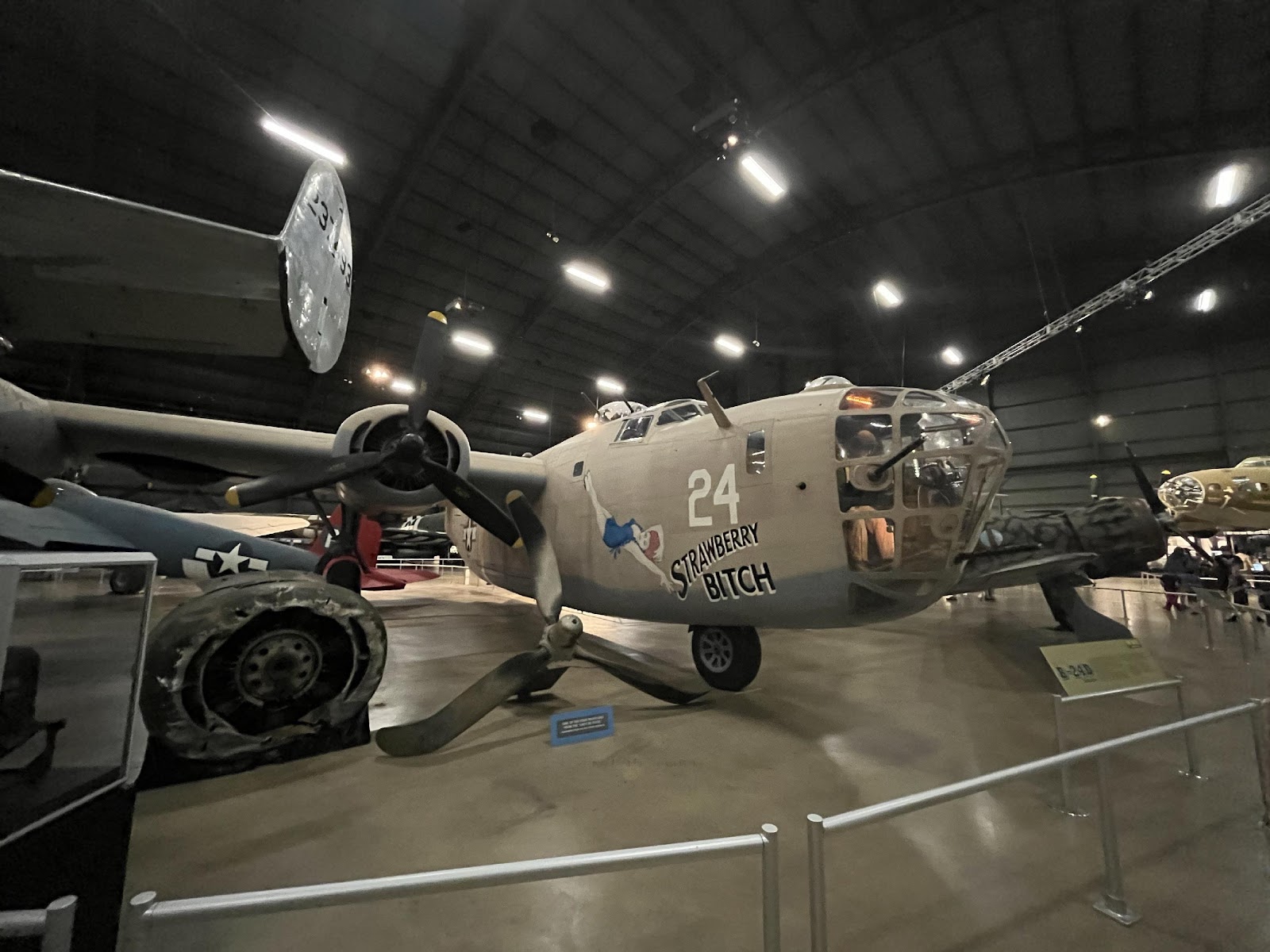The auditorium was scattered with less than 30 people. On stage stood man in a suit, leaning over a podium. Doug Lantry, Ph.D. started off the presentation in a serious tone. To set the mood, he let us know that some of the things we would be discussing today would be disturbing, dark and even “frightening.”
The presentation is part of the History and Heritage Program. It’s a way for people to share stories to make sure that they’re not forgotten.
Behind Dr. Lantry was a large slideshow presentation. Throughout the presentation we were presented with various facts, pictures, and drawings. Some of them extremely graphic in nature.
Prisoners of War, or POW, were an unfortunate part of the Vietnam War. We know that this still happens today, and it happened before. But the circumstances surrounding the war in Vietnam gave us a new perspective on how brutal it can actually be.
The POW’s from the Vietnam War form one of the strongest fraternal organizations in the world today. They are bonded for life by the trauma and torture, mental and physical, that they experienced. It is said that if you talk to one of them, you talk to all of them.
To Vietnam, our men were not prisoners of war, they were war criminals. And with this mentality came no rules. They tested the limits of what the human body could withstand. Not to mention the mental anguish one person can endure.
Some of the POW’s were held for as long as nine years. Nine years of straight barbarism. “Just plain brutality.” But, they also showed extreme resilience. They had the ability to overcome harrowing, difficult circumstances.
One of those men was Air Force Captain Edwin Atterberry. He was murdered for trying to escape several times. One time he almost succeeded. He told his fellow compatriots not to give up, and that there was still hope.
A lot of the POW’s went months or years in solitary confinement. Lantry stated that “Acknowledge the depth of that sort of pain is almost unfathomable.”
The men created their own sort of language while in captivity. Some of them can even remember it still to this day. One of the ways they communicated was through tap. Different taps and rhythms meant different things. Since they couldn’t see or speak to each other, this was a good way for them to pass information amongst each other and keep up moral.
On November 21, 1970 there was a planned raid, the Son Tay Raid. Technically, the raid itself failed. But we don’t count it that way. On the books, it was a moral booster. The captives had already been evacuated by the time we had arrived, but word got around that we were coming to try and rescue them and for some POW’s, that gave them the strength to keep fighting.
In February 1973, 591 POW’s were released and returned to the United States. Overall, 660 survived the war.
They were all issued new clothing, but some of them discarded that almost immediately. There was a five year program to release and help reintegrate POW’s back into “normal” society. There were procedures to evaluate and collect data. It really did help our study of POW’s tremendously. But what most POW’s discovered was that “The country they came back to was a little different than the country that they left.”
The crowd was lucky enough to have not only one fantastic speaker, but retired Air Force Colonel Larry Benson was also there. He had a different perspective as he was actually there on the ground during the POW’s return home.
He started off by saying, “I think everybody associated with Homecoming, their life was changed. It wasn’t just the prisoners coming back, it was being there for them.”
The planning for their homecoming was significant. The men themselves were so organized. It had been them against the world for so long, that the escorts were basically there just to make sure that they were taken care of when they landed.
The Colonel’s voice breaks as he continues his story, “Totally exhausted these men were, the reception team, they were exhausted what this war had done to them.”
Many of them returning POW’s went straight to their children’s schools to see them, even before heading home. Some returned to marriages that were over or loved ones who had died.
They had to give them bland food when they arrived since they had been on a very limited diet. There were tailors standing by to assist them with their new uniforms. They took them out to a mall to go shopping. The package store. The Colonel remembers that they had a whole pallet just for alcohol. “Top of the line, no cheap booze.”
“So many human things.”
It is truly amazing what those men went through. We thank them for their service and are happy to tell their story so that it is never forgotten.
Jaime Herzog
Intern


